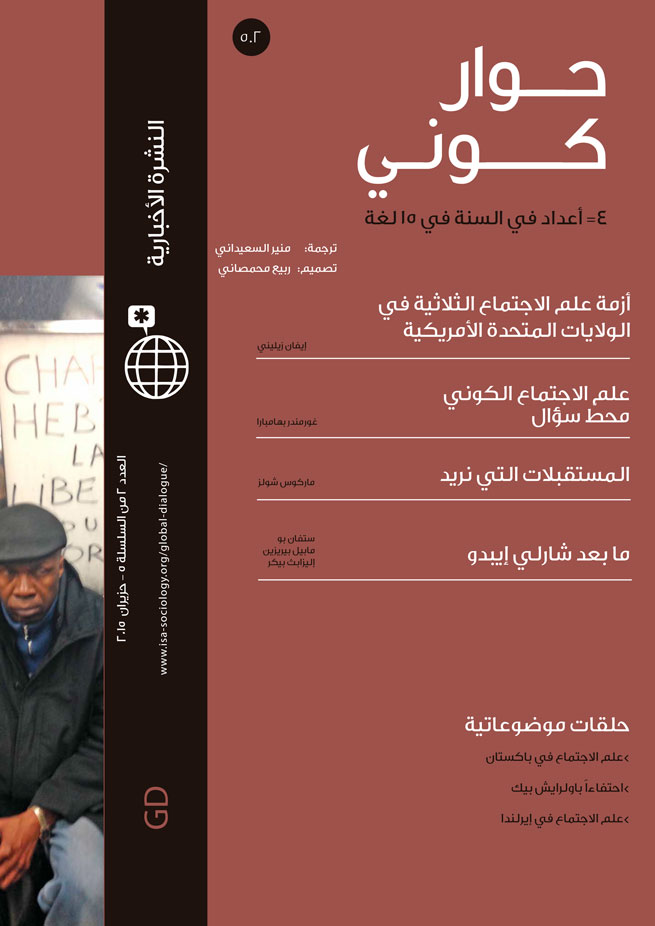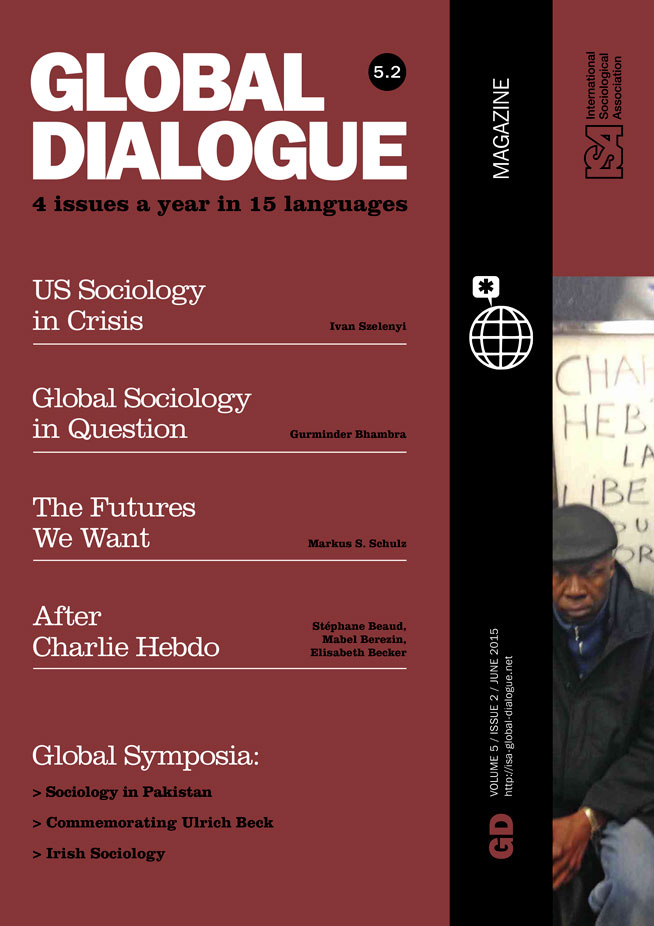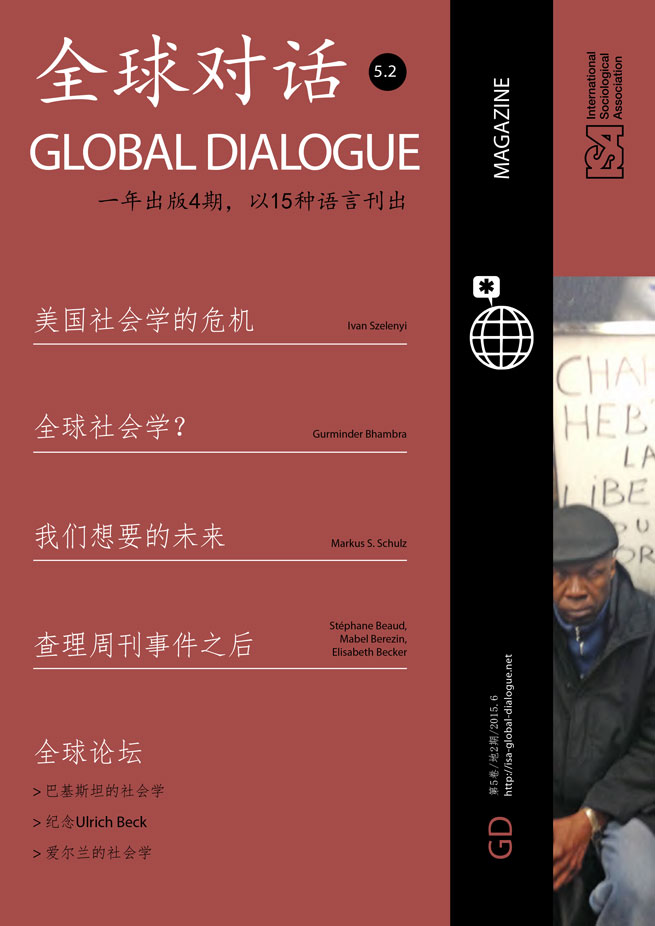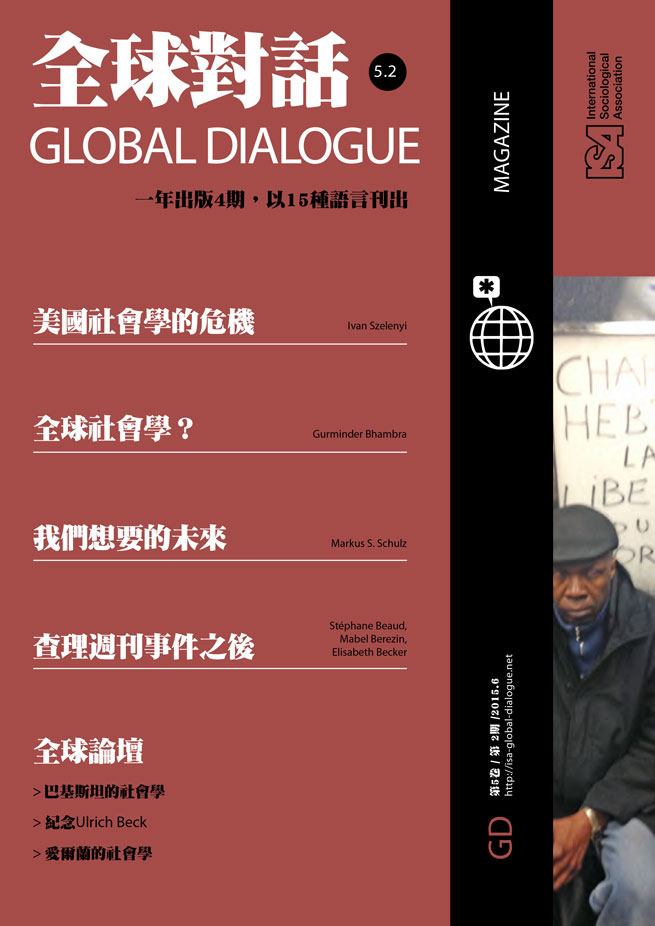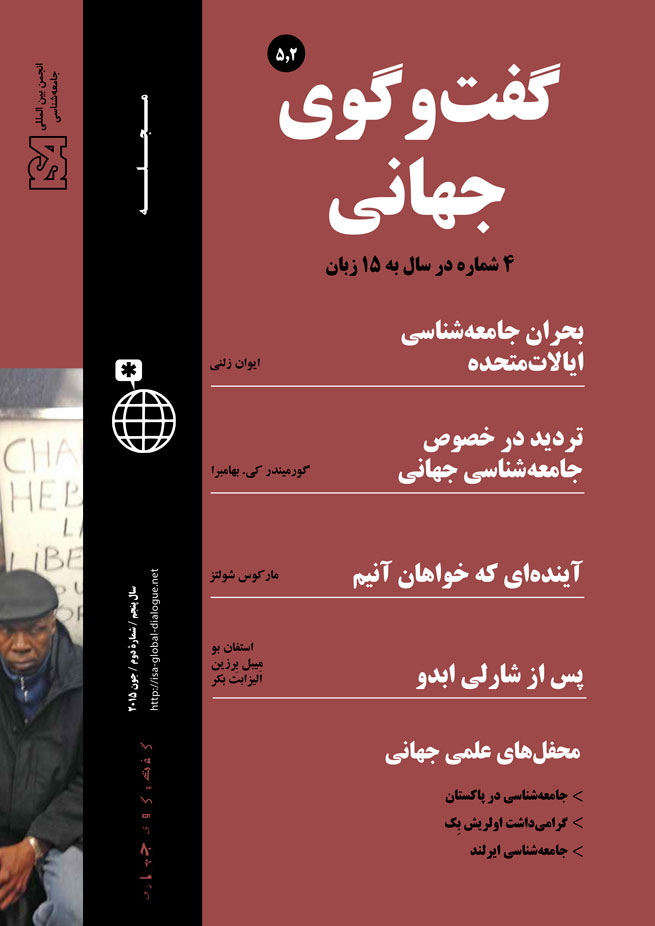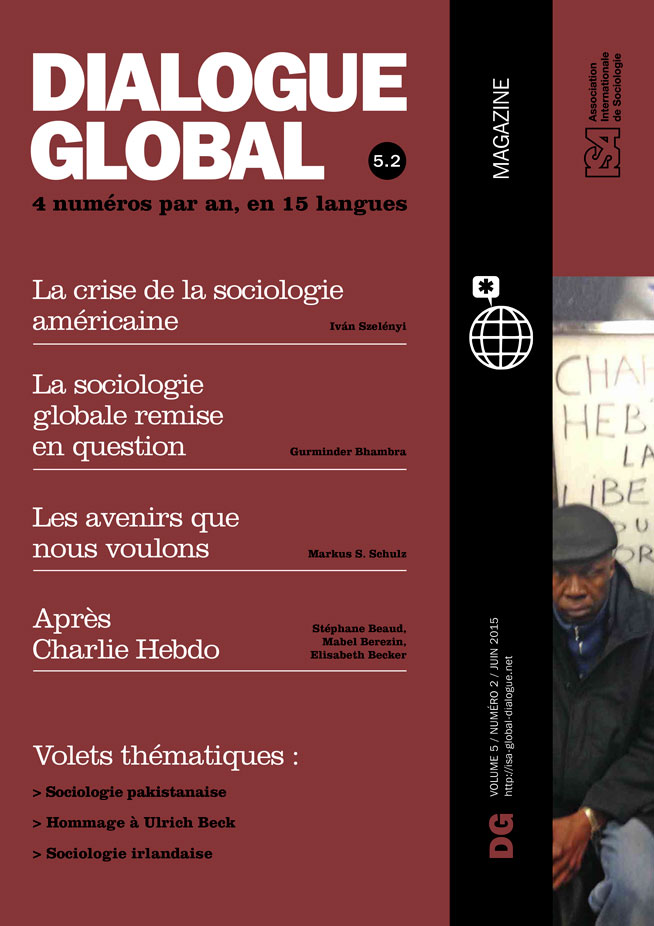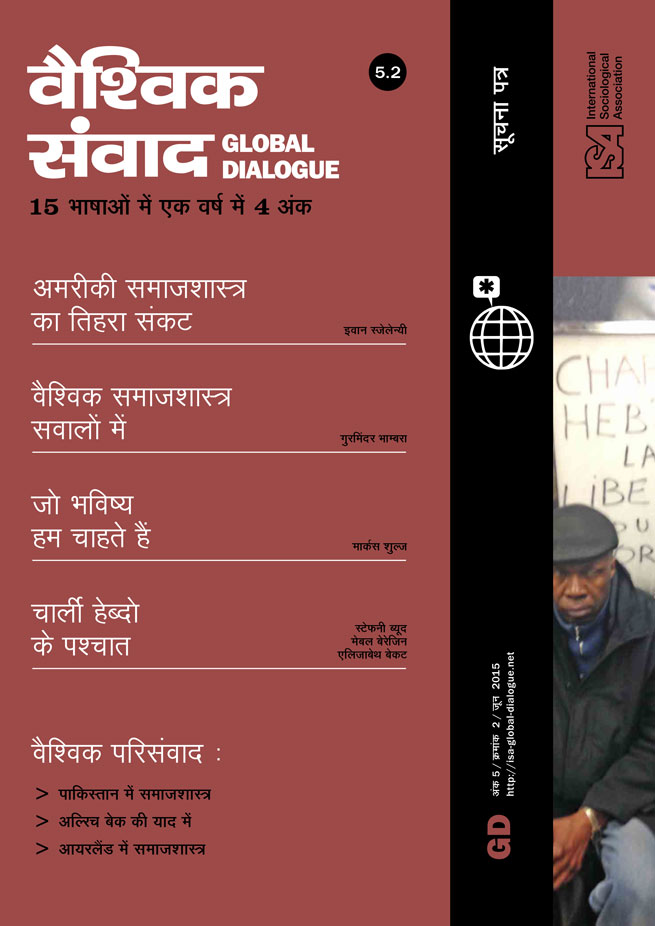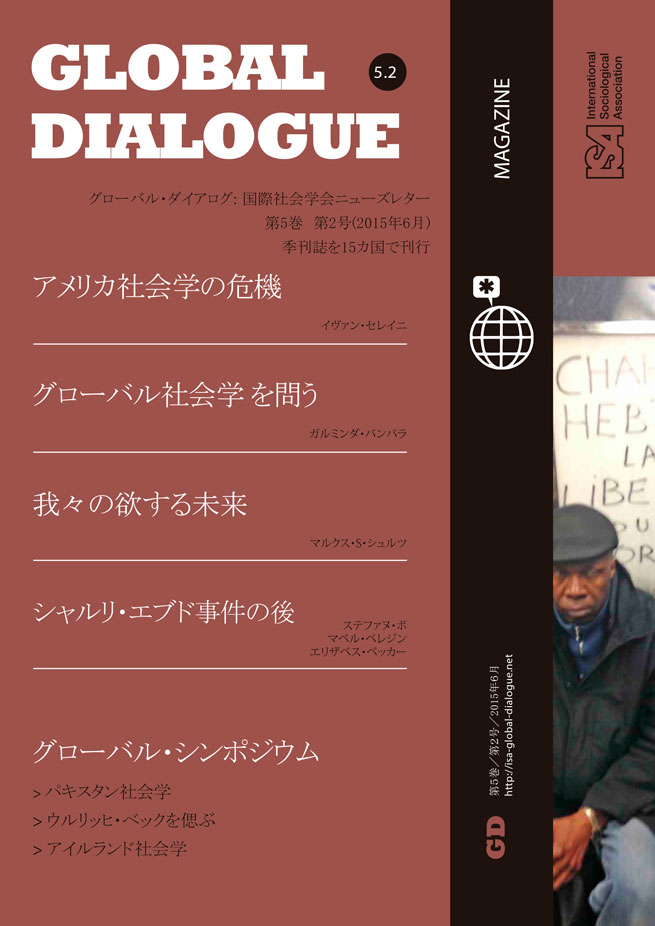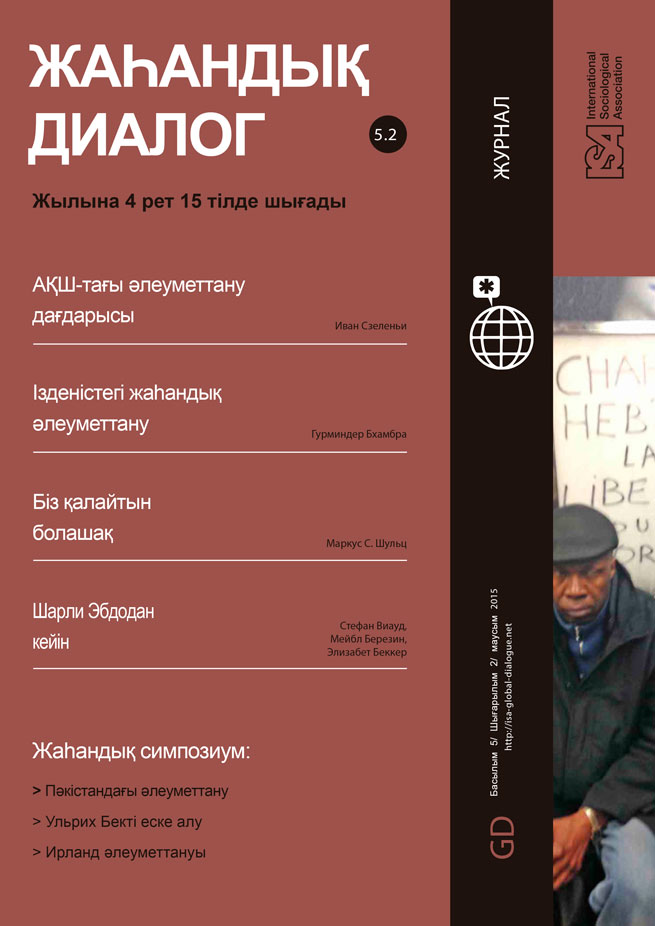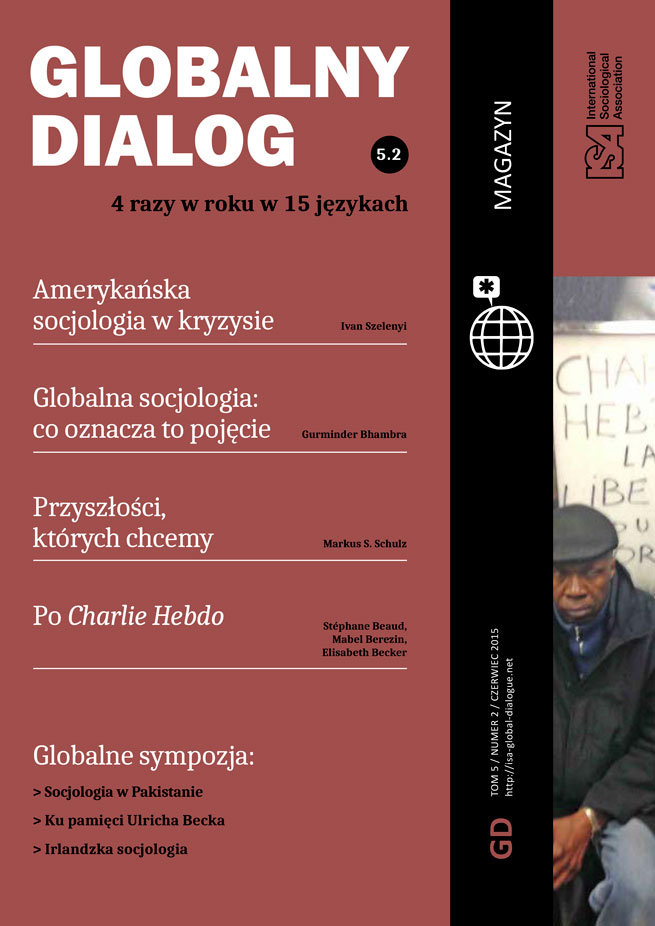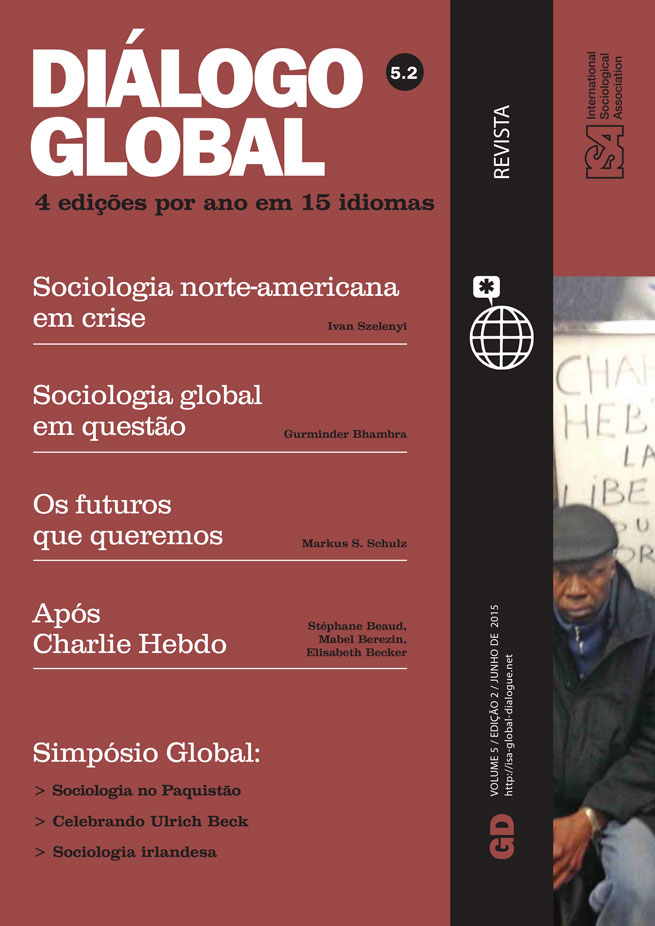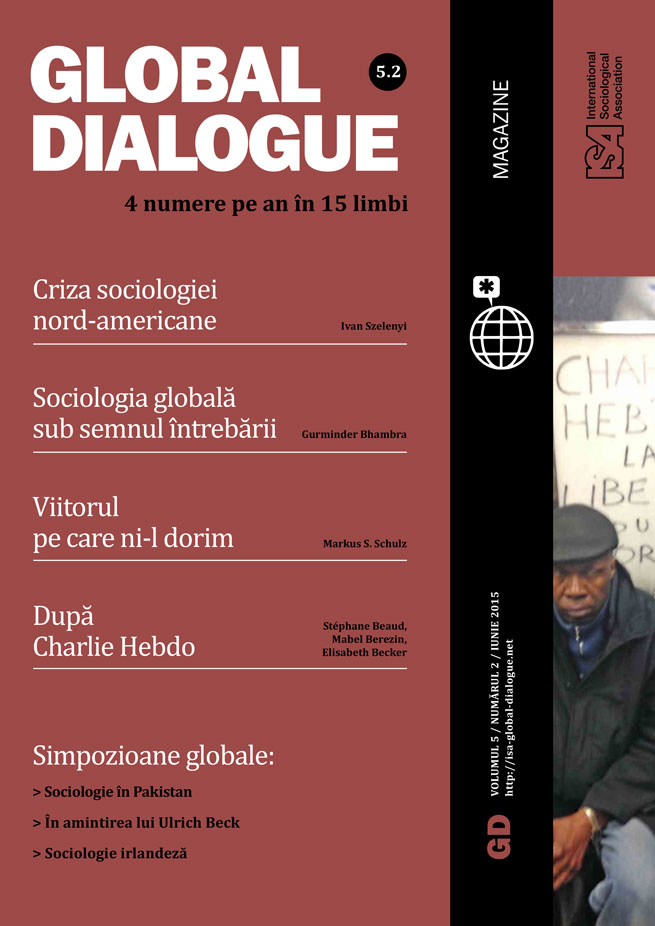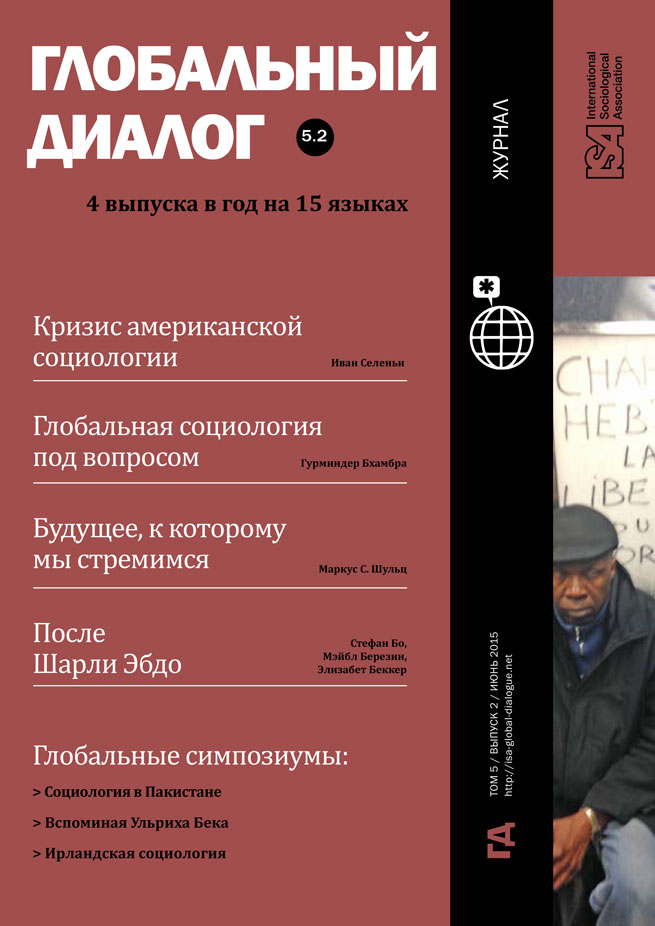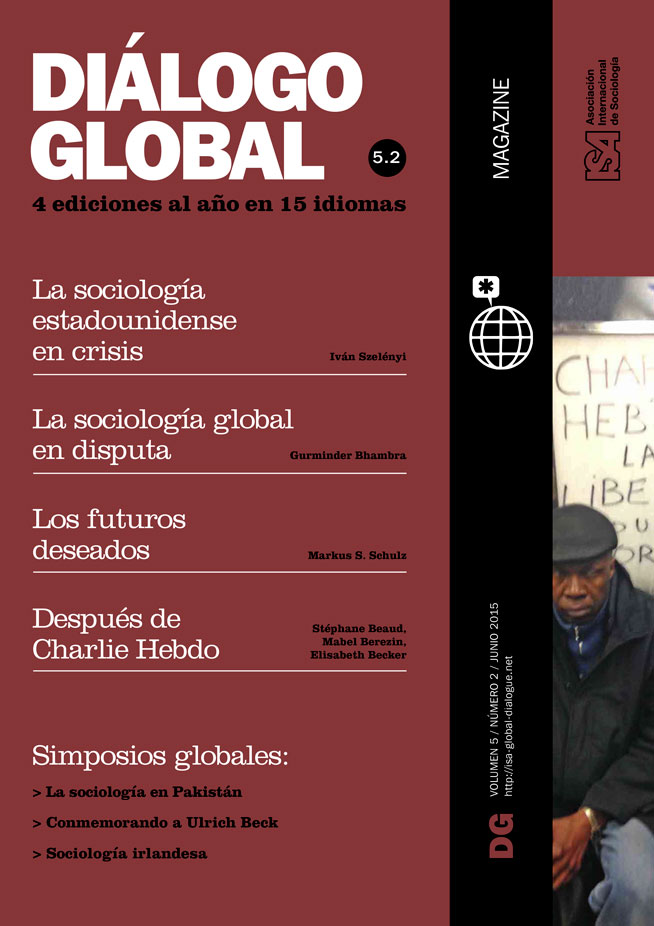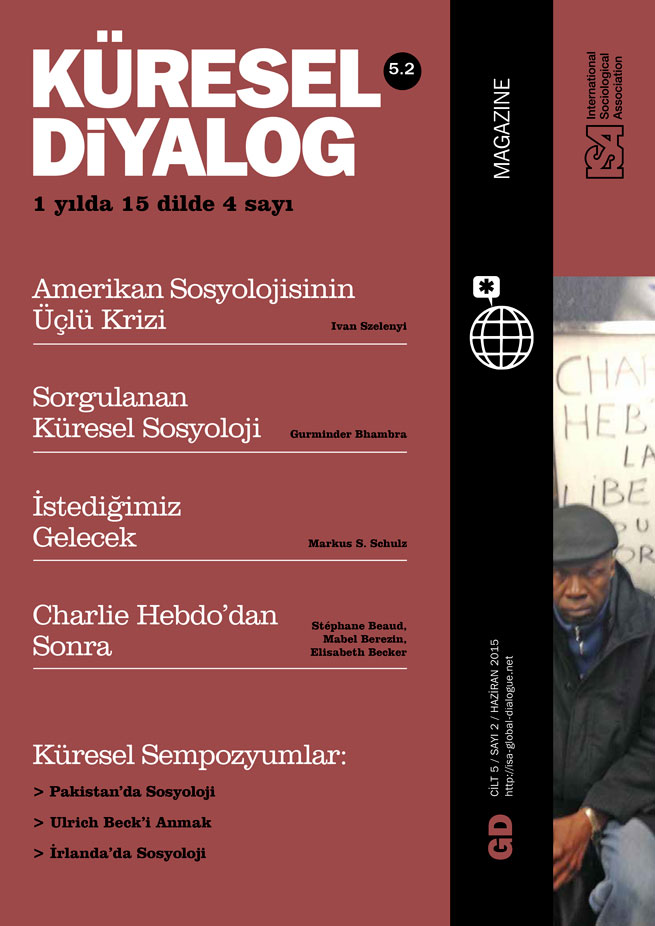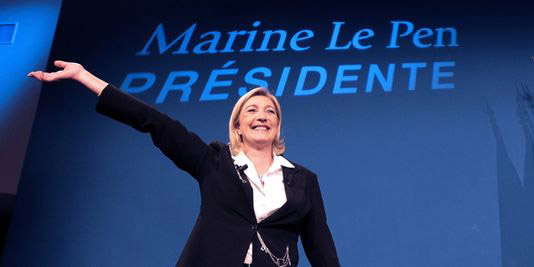Read more about After Charlie Hebdo
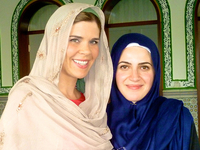
Notes from the Field: Europe’s Harvest of Fear
by Elisabeth Becker
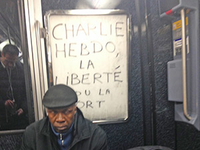
French Sociologists Debate the Killings at Charlie Hebdo
by Stéphane Beaud
April 30, 2015
Around the world, political leaders and the broader public originally viewed the Charlie Hebdo murders as attacks against freedom of expression, a core democratic principle. However, it quickly became apparent that these murders had much broader political and social significance: the next day, the murders of four people in a Jewish delicatessen prompted international journalists to write about the return of the 1930s.
Charlie Hebdo was France’s and Europe’s Sarajevo moment – meaning that the attacks might provoke political crisis in France and beyond. An unrelenting debt crisis, harsh austerity policies, layered refugee crises, high unemployment rates particularly among youth, anti-Semitic attacks on synagogues and Jewish cemeteries – all these phenomena have strengthened right-wing nationalist parties across Europe.
France’s National Front and its leader, Marine Le Pen, have been at the forefront of this upsurge. In 2011, Marine Le Pen inherited the party leadership from her father, a provocateur whose anti-immigrant rhetoric defined the party for decades. Marine Le Pen’s goal was to make the National Front a party of governance, not provocation, and she focused on austerity, the euro crisis and unemployment as her issues. Readers unfamiliar with the National Front’s history often comment that they do not understand why her “sensible” positions evoke fear in some quarters. Marine Le Pen – who recently wrote in the New York Times that “Islamic fundamentalism” is a “cancer on Islam” that hurts “our Muslim compatriots” – is part of a trend where European publics view formerly marginalized parties as normal.
Speed and Political Volatility
But the deeper threats to robust European democracy lie elsewhere. The first is the speed with which the European political landscape has shifted, and the volatility of voter preferences and emotions; the second is the negative synergy between political and economic crises produced by events such as Charlie Hebdo.
Spring 2012 was a turning point – the manifestation, to borrow from Eric Hobsbawm, of a “springtime of angry peoples.” European politics seemed to speed up: one electoral upset followed another. Political extremes of left and right began to make electoral headway. Although François Hollande won France’s presidential election, Marine Le Pen came in third place. Combined, the extreme left and right attracted more votes than either the sitting president, Sarkozy, or his Socialist challenger.
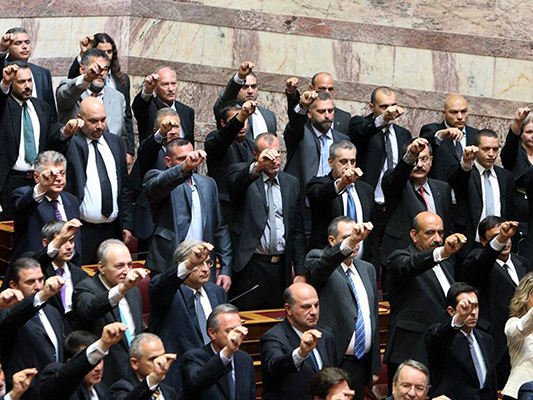
Not long afterwards, Greece’s overtly neo-Nazi party, the violent anti-immigrant Golden Dawn, displaced a traditional rightist party, while a little-known Socialist coalition, Syriza, displaced the Socialists. In late 2014, just weeks after the Charlie Hedbo murders, Greece held elections again – and today Syriza governs Greece, while the Golden Dawn is the country’s third largest party. Electoral instability also occurred in Sweden, which is not a member of the European Economic and Monetary Union and is not plagued by European Union mandated-austerity measures. In Sweden’s recent parliamentary elections, the right-wing Sweden Democrats surged from only 6% of the vote in 2010 to 13% in 2014.
During the same period, Italy’s Five Star Movement came first in a 2013 election, while Spain’s left-wing Podemos movement gained considerable ground. Although Germany’s rightist anti-immigrant movement Pegida is only a few months old, it may yet acquire a constituency – especially in a context where Thilo Sarrazin’s 2010 Germany Is Doing Away With Itself was a runaway bestseller.
Negative Synergy and Political Mood
Despite significant differences, these parties and movements share common features: a commitment to their respective nation-states, distrust of European integration and antagonism towards globalization. They are anti-euro, often favoring exiting the monetary union, and they share an intense dislike for austerity policies.
Charlie Hebdo brought new urgency to discussions of immigration and integration. If stringent EU-imposed austerity allowed politicians like Le Pen to describe the neo-liberal and global agenda as dangerous, the killings at Charlie Hebdo gave added weight to claims that Islamic fundamentalism exists and is a threat, or that immigration is a problem. Although this has long been an argument of the European right, the French Prime Minister made it his own after the attacks when he spoke of “ethnic and social apartheid in France.”
In 1919, John Maynard Keynes wrote, “The events of the coming year will not be shaped by the deliberate acts of statesmen, but by the hidden currents, flowing continually beneath the surface of political history, of which no one can predict the outcome [emphasis added].” Keynes’ comments on the economic and physical decay of post-war Europe eerily evoke contemporary Europe.
Are we seeing a repeat of the 1930s in Europe and a return of fascism? Though the Golden Dawn explicitly espouses Nazism, the goals of both the French National Front and Sweden Democrats are nationalistic, not authoritarian; disturbed individuals like Norway’s Anders Breivik should not be confused with coherent political programs. Predicting the return of dictatorships like those of the 1920s and 1930s would be naïve, rather like predicting the return of the manual typewriter. European nation-states today are procedurally democratic: even Hungarian President Viktor Orban’s espousal of “illiberal democracy” still offers lip service to democracy.
None of this is to say that there is no cause for worry: Europe’s “hidden currents” today are dark, and collective moods evoke historical parallels. In his posthumously-published memoir about 1930s Germany, Sebastian Haffner identifies hope, despair, fear, and misguided anger as undeniable preludes to Hitler’s rise. Similarly dark moods prevail in Europe today. In France, respondents in a recent national poll identified “lack of trust,” “depression,” and “sluggishness” as the qualities that best define their state of mind. “Enthusiasm” came last – a finding that is hardly surprising, when conservative journalist Éric Zemmour’s French Suicide [Le suicide français] is France’s bestselling book today.
Absent the economic crisis and austerity policies, it is unlikely that extreme parties of the left or right would be so attractive. Since the 1970s, however, economic policies and visions of mutuality have not worked well. Similarly, immigration and integration policies that reference either nineteenth-century nationalism or multicultural idealism need to be re-conceived. To get beyond the present moment, European leaders need to imagine and implement new forms of social solidarity that include and engage all citizens. Leaders need to restore a sense of collective hope – a capacity to imagine a future. Economic recalibration is a place to start – but economic policies alone will not suffice. European leaders need to think realistically about the meaning of community in political spaces that are still often national in scope; they will need to swim against the not-so-hidden currents – or risk being overtaken by events such as Charlie Hebdo.
Mabel Berezin, Cornell University, Ithaca, USA and member of ISA Research Committee on Sociological Theory (RC16) <mmb39@cornell.edu>
This issue is not available yet in this language.
Request to be notified when the issue is available in your language.
If you prefer, you can access previous issues available in your language:
